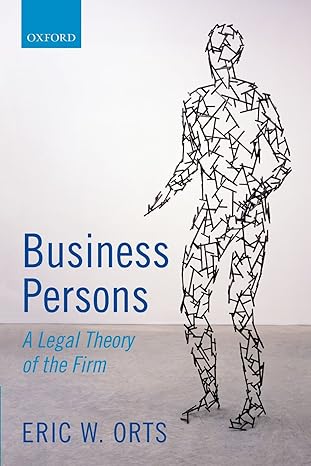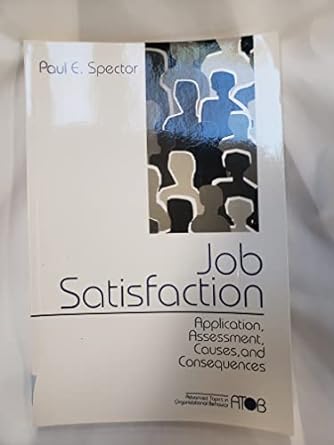Go back


Business Persons A Legal Theory Of The Firm(1st Edition)
Authors:
Eric W. Orts

Cover Type:Hardcover
Condition:Used
In Stock
Include with your book
Free shipping: April 03, 2024Popular items with books
Access to 3 Million+ solutions
Free ✝
Ask 10 Questions from expert
200,000+ Expert answers
✝ 7 days-trial
Total Price:
$0
List Price: $36.99
Savings: $36.99(100%)
Book details
ISBN: 0198746466, 978-0198746461
Book publisher: Oxford University Press
Get your hands on the best-selling book Business Persons A Legal Theory Of The Firm 1st Edition for free. Feed your curiosity and let your imagination soar with the best stories coming out to you without hefty price tags. Browse SolutionInn to discover a treasure trove of fiction and non-fiction books where every page leads the reader to an undiscovered world. Start your literary adventure right away and also enjoy free shipping of these complimentary books to your door.
Business Persons A Legal Theory Of The Firm 1st Edition Summary: Business firms are ubiquitous in modern society, but an appreciation of how they are formed and for what purposes requires an understanding of their legal foundations. Intended for general readers, as well as students and policy markets, Business Persons provides a scholarly and yet accessible introduction to the legal framework of modern business enterprises. It explains the legal ideas that allow for the recognition of firms as organizational "persons" having social rights and responsibilities. Other foundational ideas include an overview of how the laws of agency, contracts, and property fit together to compose the organized "persons" known as business firms. The institutional legal theory of the firm developed embraces both a "bottom-up" perspective of business participants and a "top-down" rule-setting perspective of government.Other chapters in the book discuss the features of limited liability and the boundaries of firms. A typology of different kinds of firms is presented ranging from entrepreneurial one-person start-ups to complex corporations, as well as new forms of hybrid social enterprises. Practical applications include contribution to the debates surrounding corporate executive compensation and political free-speech rights of corporations.
Customers also bought these books
Frequently Bought Together
Top Reviews for Books
Robbie Dove
( 5 )
"Delivery was considerably fast, and the book I received was in a good condition."










